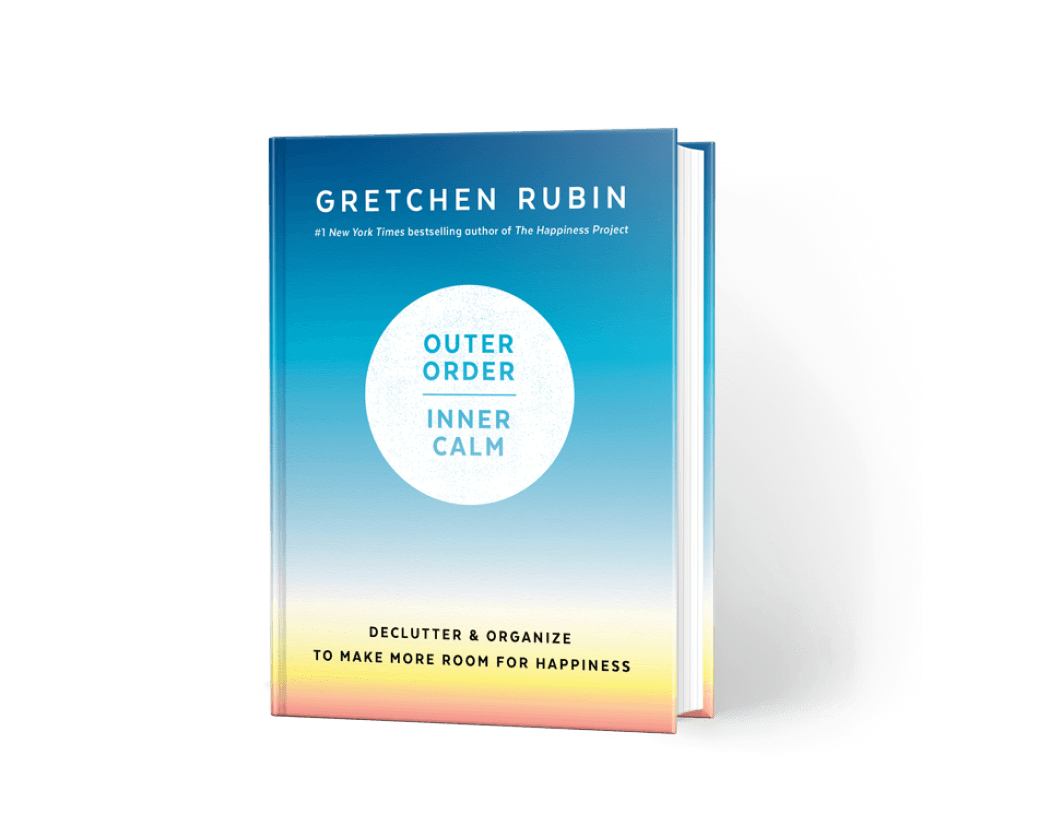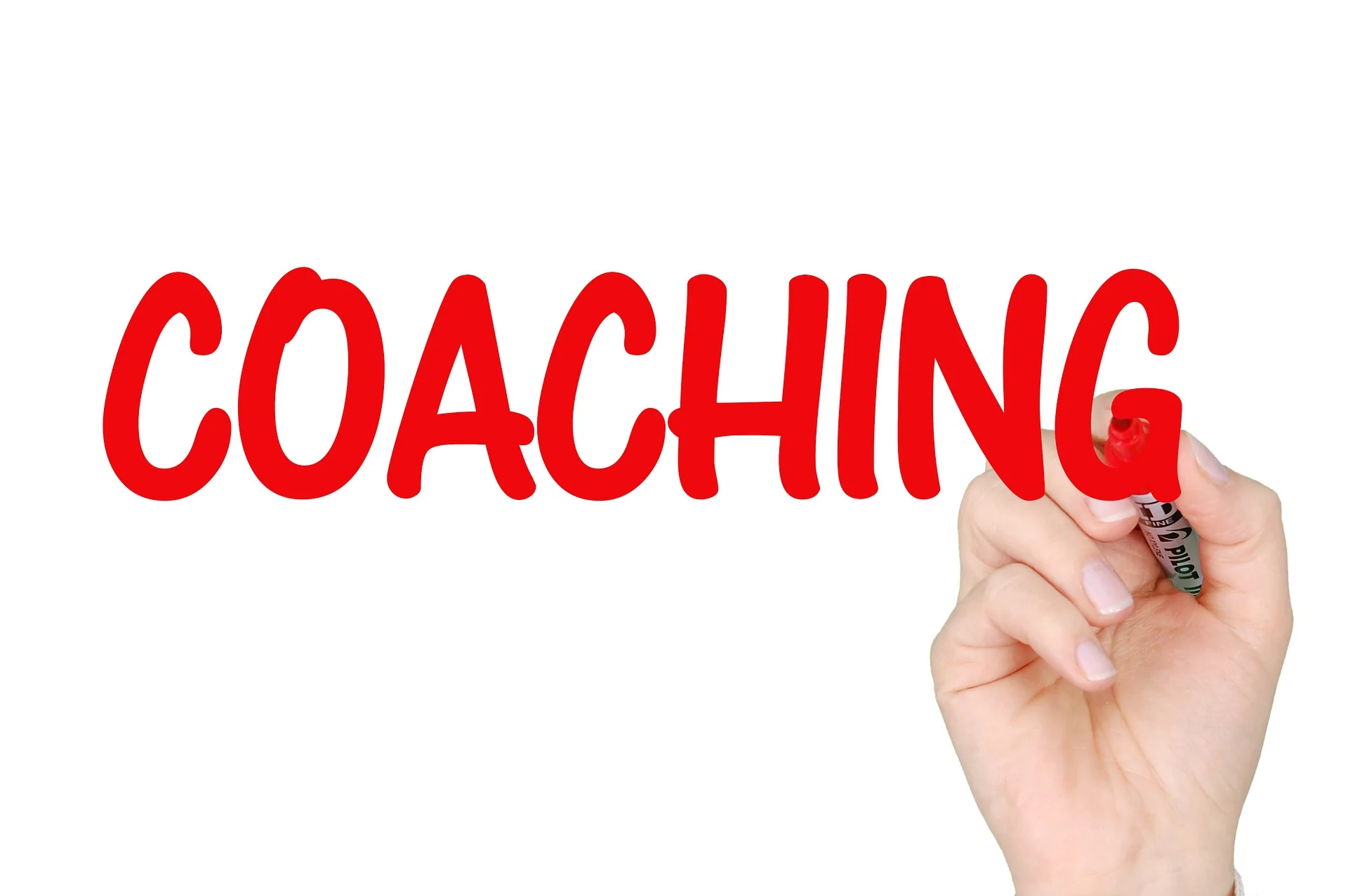Photo by Karin Endert
I'm pretty organized. That skill enables me to plan ahead, and most of the time, I can get the work finished in a timely manner. But sometimes the best-laid plans go awry. I had most of this newsletter ready a week or so ago with plans to get a blog post done this week. And then life happened. It's been a busy month with new clients and a number of workshops to facilitate. And then a tornado hit my town.
No one in town was seriously injured or killed, and my husband and I are among the lucky ones. Our power is out, and we have an unfinished basement full of water. There's going to be some annoying and time-consuming clean-up in the next week or so. But lots of our neighbors have trees on their houses or cars, so I'm not going to complain.
Once I found some wifi, I had planned to churn out a blog post today (Saturday), just in time for Monday's newsletter. But as I struggled to write, I stepped back to remember the advice I give my clients when life happens: give yourself a break, admit you can't do it all all the time, and move on.
So I'm doing just that. Signing off and hoping you'll be satisfied with a cute picture of my cat.




















